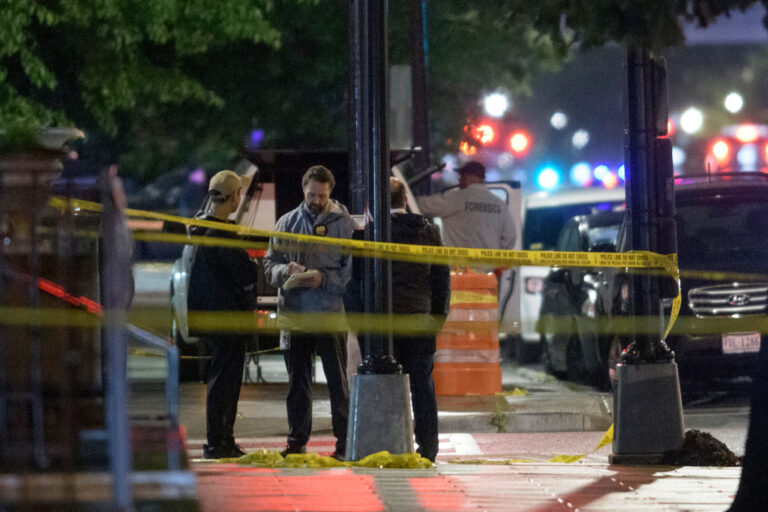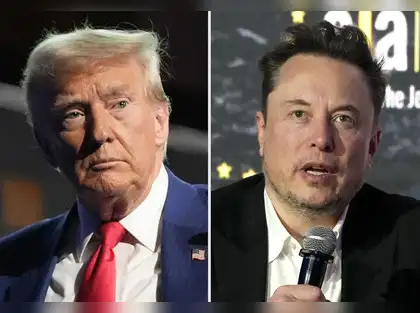
In a significant display of diplomatic divisions at the United Nations Security Council (UNSC), Russia and China vetoed a United States-sponsored resolution calling for an immediate cease-fire in Gaza. The resolution aimed to address the escalating violence and humanitarian crisis in the region, but the veto underscores the deep-seated disagreements among major world powers regarding the Israeli-Palestinian conflict.
The proposed resolution, backed by the US and several European countries, sought an immediate cessation of hostilities between Israeli forces and Palestinian militants in Gaza. It also called for the protection of civilians, the restoration of calm, and the resumption of peace negotiations to achieve a lasting solution to the decades-long conflict.
However, Russia and China, both permanent members of the UNSC with veto power, blocked the resolution, citing concerns over its language and effectiveness. Moscow and Beijing emphasized the need for a balanced approach that addresses the root causes of the conflict and ensures the rights and interests of all parties involved.
The Russian ambassador to the UN, speaking after the vote, stated that the proposed resolution failed to adequately address the underlying issues and lacked sufficient provisions for the protection of Palestinian civilians. China echoed similar sentiments, emphasizing the importance of a comprehensive and equitable solution that respects the legitimate aspirations of the Palestinian people.
The US ambassador expressed disappointment at the veto, asserting that the resolution aimed to alleviate the suffering of civilians caught in the crossfire and facilitate humanitarian assistance to Gaza. She urged all parties to exercise restraint and work towards de-escalation to prevent further loss of life and destruction.
The deadlock at the UNSC reflects broader geopolitical tensions and differing approaches to conflict resolution in the Middle East. While the US and its allies advocate for immediate action to address the humanitarian crisis in Gaza, Russia and China emphasize the need for a more nuanced approach that considers the complex dynamics of the Israeli-Palestinian conflict.
The veto also underscores the challenges of achieving consensus on contentious issues within the UNSC, particularly when major powers have divergent interests and priorities. Despite calls for unity and cooperation to address global challenges, geopolitical rivalries and strategic calculations often impede multilateral efforts to resolve conflicts and promote peace.
As the violence continues to escalate in Gaza, with mounting casualties and widespread destruction, the international community faces mounting pressure to find a viable path towards de-escalation and eventual resolution of the Israeli-Palestinian conflict. However, achieving consensus and meaningful progress remains elusive amid entrenched divisions and competing agendas on the global stage.






